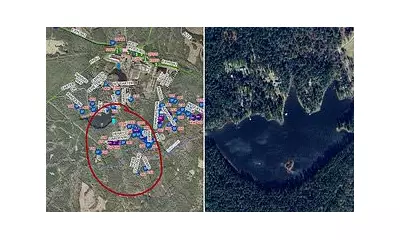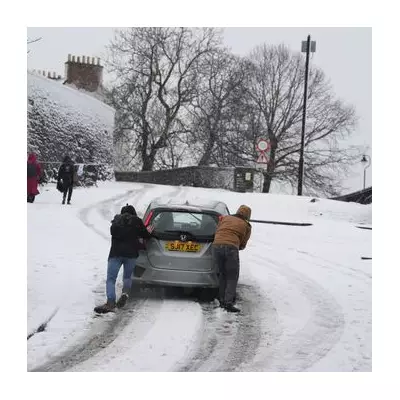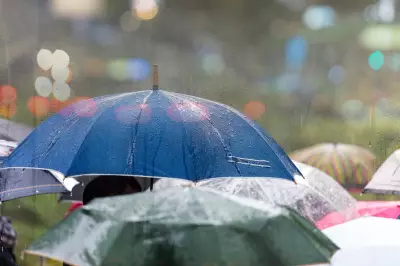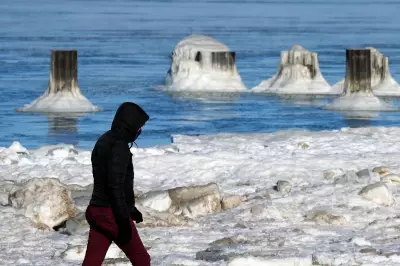
Major Arctic Outbreak Grips Eastern United States
A powerful surge of Arctic air is poised to sweep across the eastern half of the United States, triggering the most intense cold spell since last spring. Meteorologists issued warnings on Friday, stating that this frigid onslaught will send temperatures plunging to a staggering 15 to 25 degrees below the historical average, affecting more than 100 million people from the Plains to New England.
Widespread Freeze and Unseasonable Lows
The cold air mass will first descend upon the Plains and Mississippi Valley before its icy grip tightens on the East Coast by early next week. According to AccuWeather, the interior Southeastern states—including parts of Tennessee, West Virginia, Georgia, Mississippi, and Alabama—will experience daytime highs far below normal. Atlanta is forecast to reach only the mid-40s Fahrenheit on Monday, a reading that is more than 20 degrees colder than typical mid-November conditions and even 10 degrees below an average January day.
Major metropolitan areas will not be spared. Chicago is bracing for highs only in the 30s over Sunday and Monday. Even the Atlantic coast, which often moderates cold air this time of year, will feel the chill, with New York City expected to see temperatures stuck in the 40s on Tuesday.
First Snowfall and Travel Disruptions
This Arctic outbreak is being driven by a significant southward dip in the jet stream, funnelling unusually cold air deep into the southern states. Accompanying the freeze will be the season's first snow for parts of the Midwest and eastern US.
The Weather Channel reports that snow may develop from the Dakotas into southern Minnesota, southern Wisconsin, and parts of Iowa on Saturday. By Saturday night into Sunday, wet snow is possible from eastern Iowa into the western Great Lakes, impacting Chicagoland, Milwaukee, Detroit, northern Illinois, northern Indiana, Michigan, and northwest Ohio.
Lake-effect snowbands are expected to produce measurable accumulations, particularly in the Great Lakes snowbelts and northern New England. While most areas will see light accumulations of around an inch or less, the snowbelts from Michigan into northern Indiana, northeast Ohio, northwest Pennsylvania, and southwest New York could see several inches. This is enough to create slushy and slippery roads, posing a hazard for commuters on Monday and Tuesday.
Far-Reaching Impact and Unusual Side Effects
The cold will be more widespread than the snow, with temperatures forecast to run 10 to 20 degrees below average from the northern Plains down to the Gulf Coast. In a remarkable deviation, daytime highs in some areas will struggle to reach what is normally the overnight low.
Even subtropical Florida will feel the bite. Tallahassee will see a high of 56 degrees, well below seasonal norms, while inland areas will plunge below freezing, with Jackson, Mississippi, dropping to near 27 degrees. Southwest Florida, including Naples, is expecting record-like temperatures with highs and lows 15 to 20 degrees below average and winds exceeding 30 mph.
This cold snap will have bizarre consequences in Florida, where temperatures dipping below 50 degrees can cause iguanas to become immobilised and fall from trees. Residents often collect the lizards for food or disposal, and this year's blast could make the phenomenon more widespread.
Cause and Precautions
The initial wave of cold air is arriving with a fast-moving storm system known as an Alberta Clipper, originating from southwestern Canada. These systems are notorious for bringing quick bursts of cold, snow, and gusty winds. Behind it, the Arctic air will continue its eastward march.
Meteorologists are cautioning that the extended period of frigid conditions could lead to frozen pipes, strain on power grids, and significant travel disruptions. Experts are urging residents to bundle up, protect vulnerable plants and pets, and prepare their homes for the prolonged freeze.





